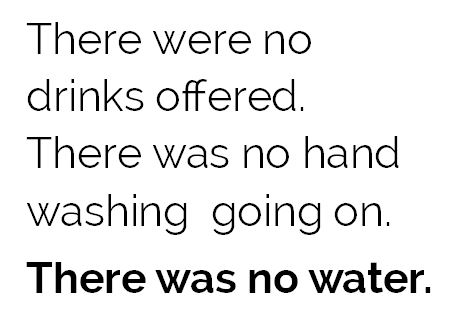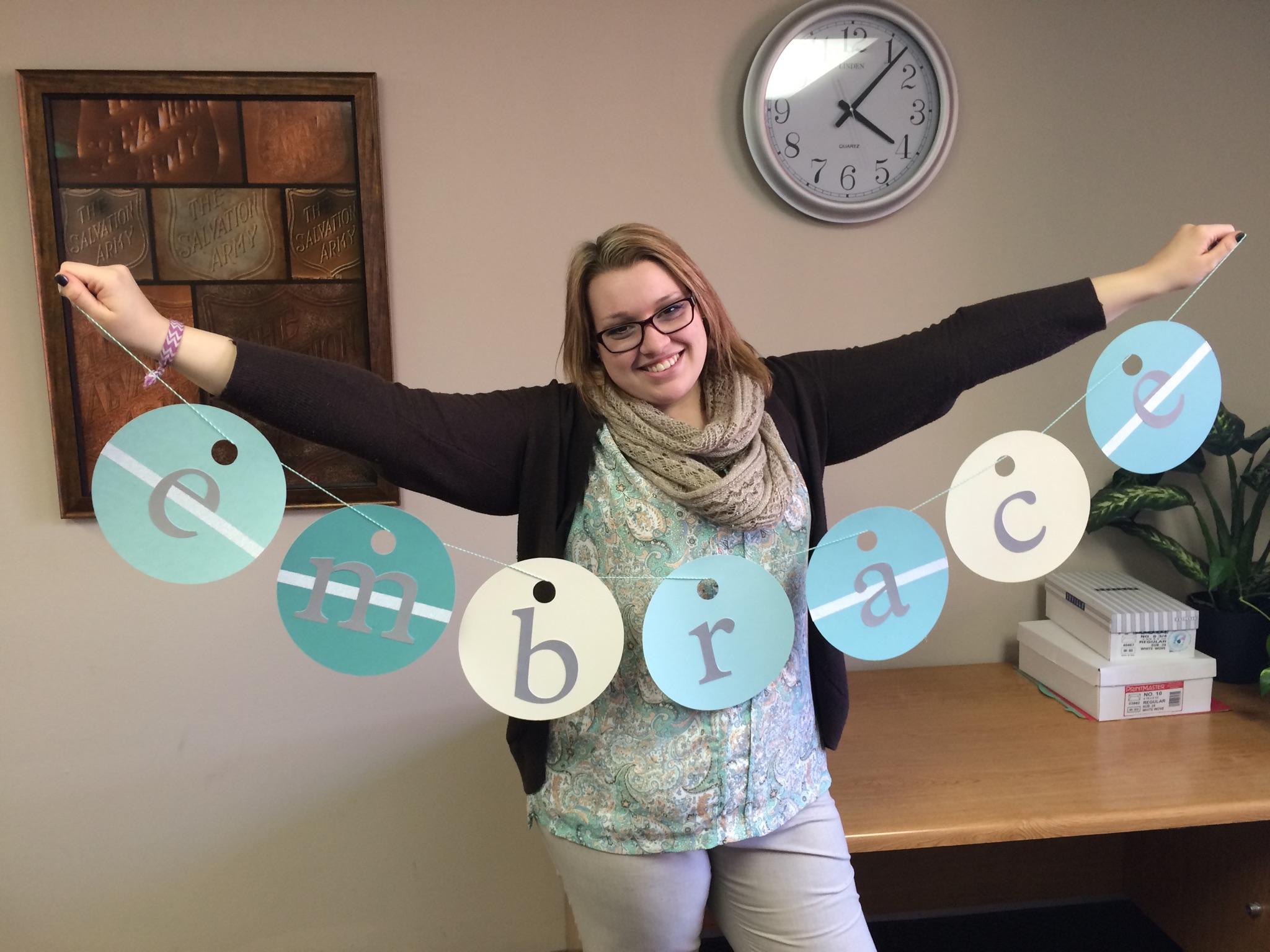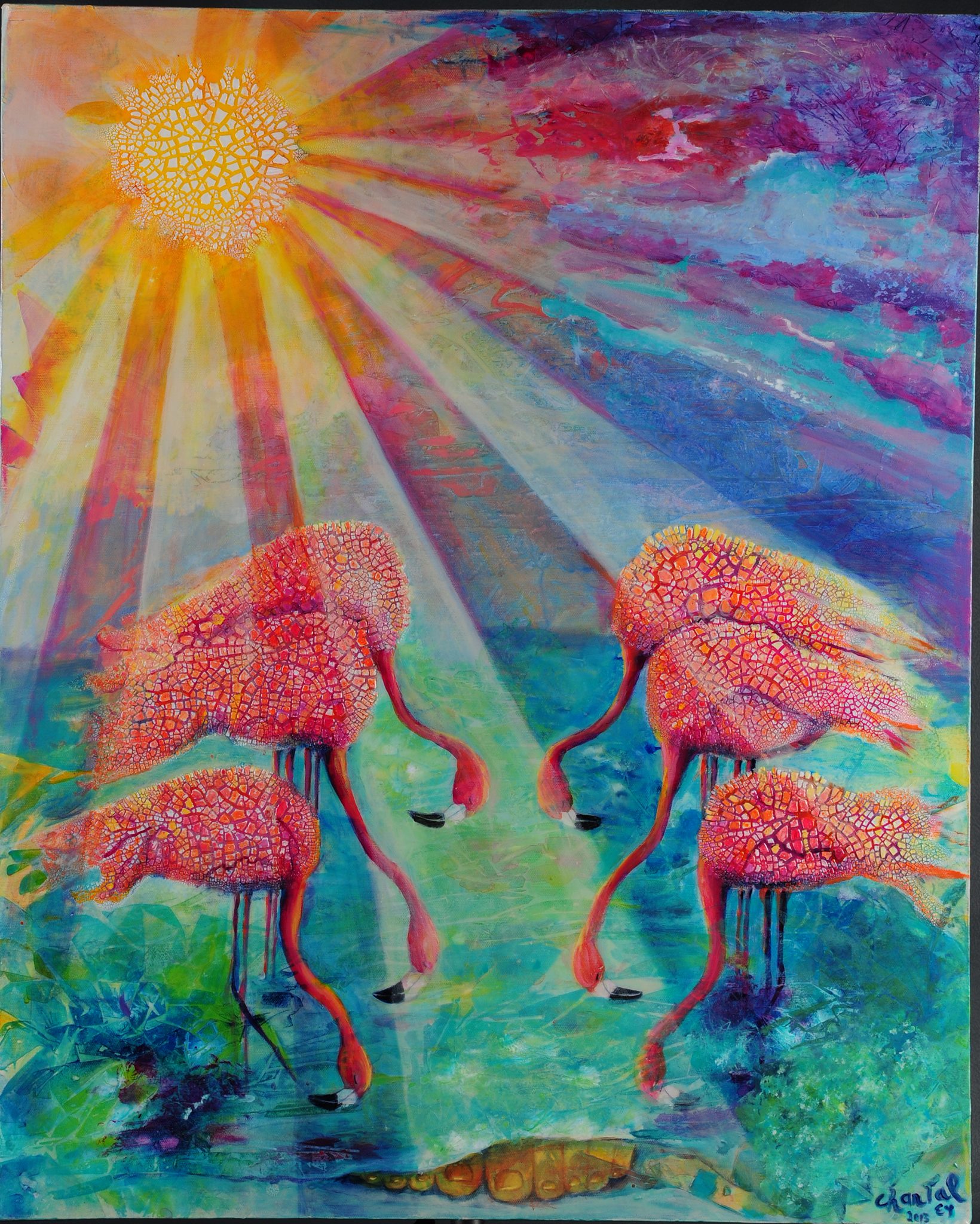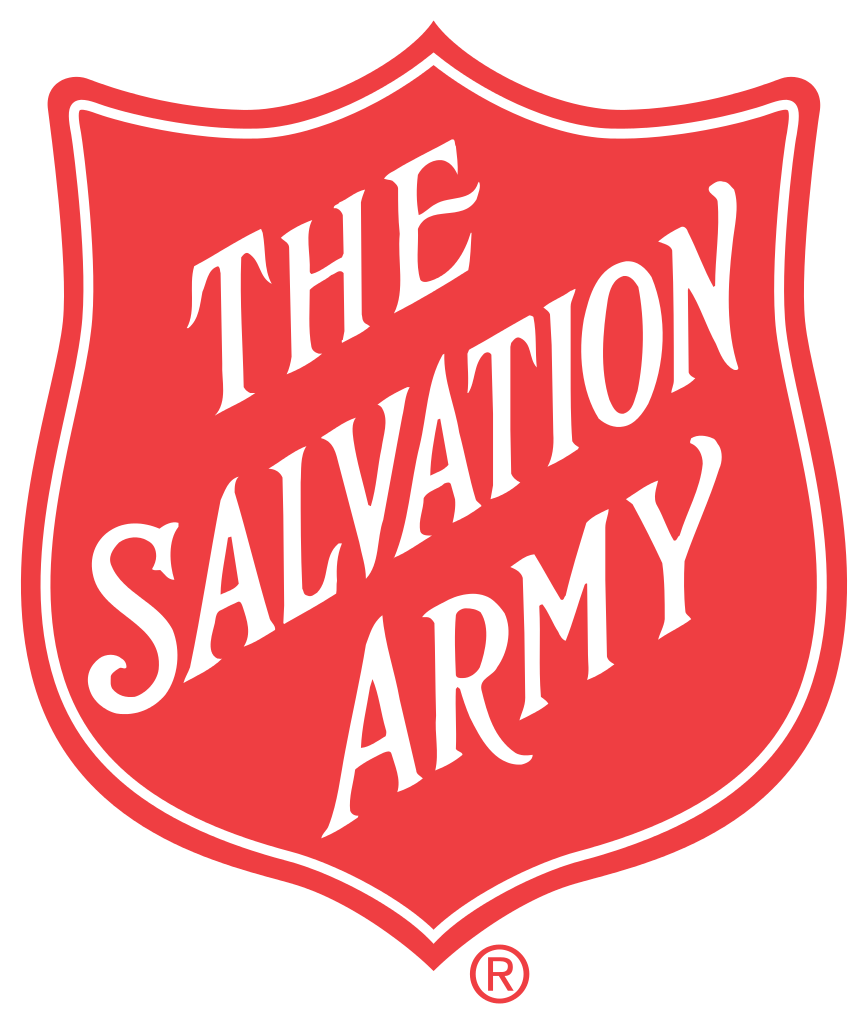 For the 2014 Territorial Women’s Ministries Leadership Conference, a project has been chosen for the women of the Central Territory to help fund and support.
For the 2014 Territorial Women’s Ministries Leadership Conference, a project has been chosen for the women of the Central Territory to help fund and support.
This year our project will be to help purchase fresh water tanks for the Corps Officers homes in Papua, New Guinea. In the article below, Major Curtiss Hartley, a Central Territory officer stationed in Papua New Guinea alongside his wife, Major Sandy, describes the day-to-day life and struggle for the people of Papua New Guinea to access and keep clean water. Corps Officers quarters have tin roofs, and so they are collecting the rain runoff into buckets during the rainy season. By providing large water collection tanks for the villages, we can help save time and physical labor for our fellow officers across that small country. Right now, when it is the dry season, some women are walking up to 2 hours each day to collect water from the streams and rivers to use for their family’s needs.
We hope the stories Major Hartley will share with us about Papua New Guinea for the next few months will inspire and encourage you and the women as your fund-raise ways to support them.
Story by: Major Curtiss Hartley
We arrived in Papua New Guinea in the “wet” season. (There are two seasons here: the wet, hot season, and the dry, not-quite-as-hot season. For us North Americanites, late fall to late winter is the wet and hot season, and spring to late fall is the dry and not season.) We didn’t see rain for almost four months! It lightly sprinkled only a couple of times, but there was really no accumulation to speak of. If you were driving, there wouldn’t even be a need to turn on the windshield wipers.
One of my first tasks – only a couple of weeks in – was to visit the Papa Clinic. There’s a tiny seaside village about 45 minutes north of Port Moresby where The Salvation Army has a tiny corps and clinic. Papa was slated to be an extension of a new project extending health education, testing and medical services to “Most At Risk Populations” (MARPs) to address the HIV/AIDS and STD epidemics in the country. It was vaccination day, and mothers with small children and babies sat in the shade of the clinic on the dusty ground awaiting their turn. Inside, two nurses and a few village health volunteers scurried about filling out registration cards, collecting the one-kina fee (about forty-five cents) and dispensing shots.
There were no drinks offered. There was no hand washing going on. There was no water.
The Salvation Army’s compound had several large plastic water tanks for collecting and storing water. The tanks stood dry and useless in the hot sun. Without rain, there was no runoff to be collected from the few roofs to fill the tanks. The one pump that could be connected to a generator to draw water from deep underground had been stolen. Local residents went without. Or they pooled their precious resources to pay several hundred kina for a truck to bring in city water from Port Moresby, but even then, the difficulty was keeping area children from playing in the taps, draining that costly liquid onto the parched ground.
I knew the stories of people in need of water. I had seen pictures. But what a difference it made to stand in the dust, to see the dulled faces, and to wonder how they would get their next little drink. Later, I climbed into our truck and we made our way back to the city, where I had to draw water from my kitchen tap and put it on to boil. How could I resent that small effort it cost me to get clean drinking water?




